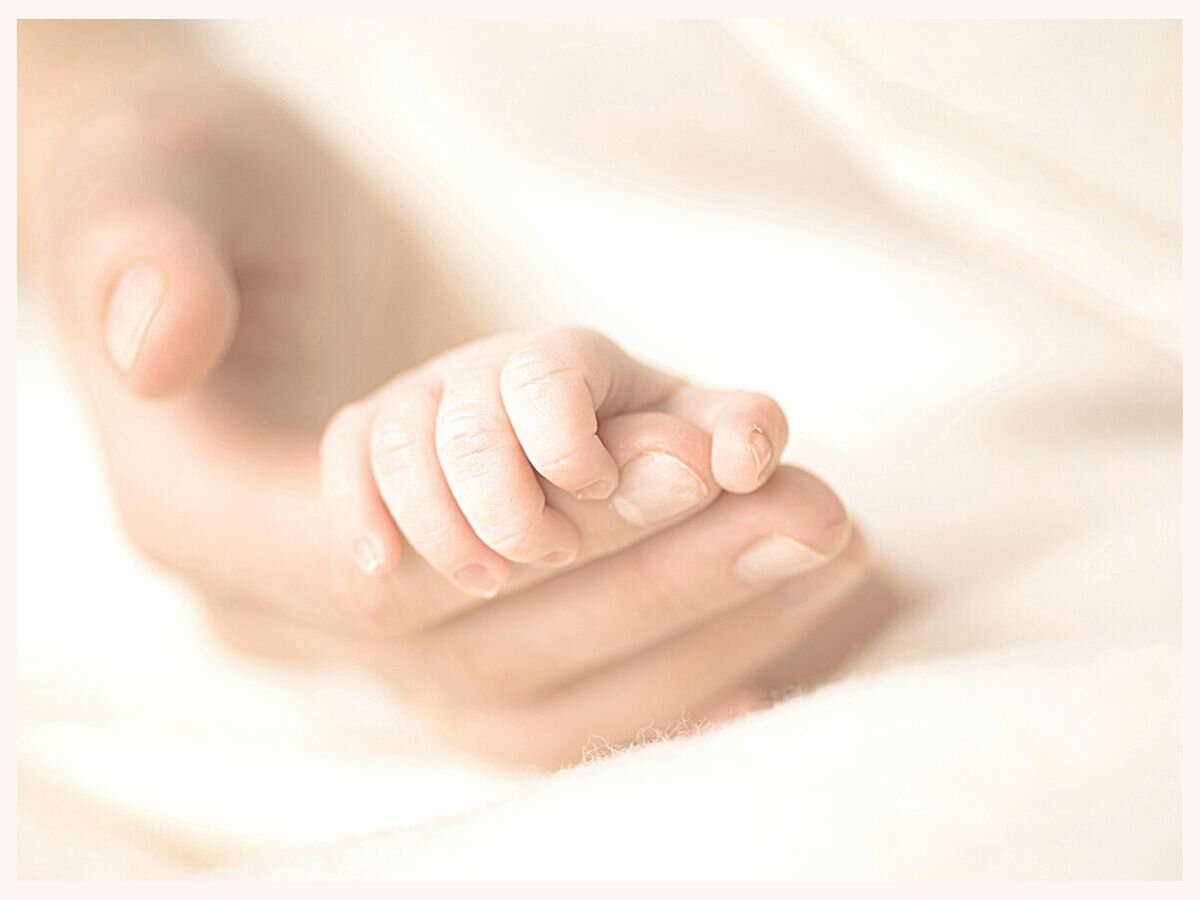
Perinatal Mental Health
Caring for the emotional and psychological well-being of parents-to-be and parents and their baby, from conception, during pregnancy and early parenthood.
Work with me

“When you can’t control what’s happening, challenge yourself to control the way you respond to what’s happening. That’s where your power is!”

Perinatal Psychology
I became interested in perinatal psychology after becoming a mother myself and meeting many mothers who found this time challenging.
Many of these mothers found it difficult to find psychologists with specialist training in this area. I developed a keen interest in attachment based parenting and enjoy working with parents to adjust to the transition of parenthood.
As I delved further into this area I became more aware of the struggles to have a baby by some families or individuals and the impact this can have on them as well as issues with traumatic births, post birth medical complications and pregnancy loss.
I am trained in the Circle of Security Program and continue to learn more each year about perinatal psychology.
The perinatal period includes the time period from planning to conceive, pregnancy and for up to three years beyond pregnancy. Sometimes the reality of what we face as an expectant parent or parent is different from what we imagined our parenting journey to be.
As many as 1 in 10 women and 1 in 20 men experience antenatal anxiety or depression and this increases in the postnatal period with 1 in 7 women and 1 in 10 men affected postnatally. The practice of perinatal psychology focuses on using psychological treatments aimed at supporting parents through these challenging times and can address the following issues:
Planning / Conception
Infertility
Fertility treatment
Stress around conceiving
Single parent issues
Pregnancy / Antenatal
Depression and anxiety
Preparing to become a parent
Antenatal bonding
Unplanned pregnancy
Pregnancy loss
Postpartum
Birth trauma / complications
Premature birth
Depression and anxiety
Adjusting to parenthood
Fatherhood
Maintaining a strong couple relationship
Parenting
Bonding
Looking after baby’s emotional development
Understanding infant and toddler behaviour
Signs and Symptoms of Anxiety and Depression in the Perinatal Period
• Panic attacks (heart racing, palpitations, chest pain, shortness of breath,
shaking, feeling detached from surroundings)
• Worry and concern that persists and that often focuses on health and
wellbeing of the baby
• Being nervous or on edge
• Development of obsessive compulsive behaviours
• Mood swings
• Feeling low and sad, tearfulness for no obvious reason
• Changes in appetite
• Changes in sleep (unrelated to baby’s needs)
• Lethargy
• Brain fog - hard to remember and concentrate
• Increased sensitivity to noise
• Social withdrawal
• Lack of interest in sex or intimacy
• Easily annoyed or irritated
• Thoughts of death or suicide
Factors that Contribute to Perinatal Anxiety and Depression
You have a greater risk for experiencing perinatal anxiety and depression if there is a:
• History of anxiety and depression
• Family history of mental illness
• Previous foetal or infant loss
• Complications in pregnancy
• Traumatic birth
• Premature or sick baby
• Challenges feeding or settling baby
• Sleep deprivation
• Physical illness
• Financial stress
• Relationship stress
• Family violence
• Limited social support
• Childhood history of abuse or trauma
• Grief
• Absence of own mother or mothering figure
Getting Help in the Perinatal Period
Talk to your partner or a trusted friend or relative
Tell your GP or Child Health Nurse
Book an appointment to see a Psychologist through the Centre for Perinatal Psychology https://www.centreforperinatalpsychology.com.au/
Call the Perinatal Anxiety and Depression Australia (PANDA) National Helpline 1300 726 306
or visit their website https://www.panda.org.au
Visit the Centre of Perinatal Excellence (COPE) Website http://cope.org.au



